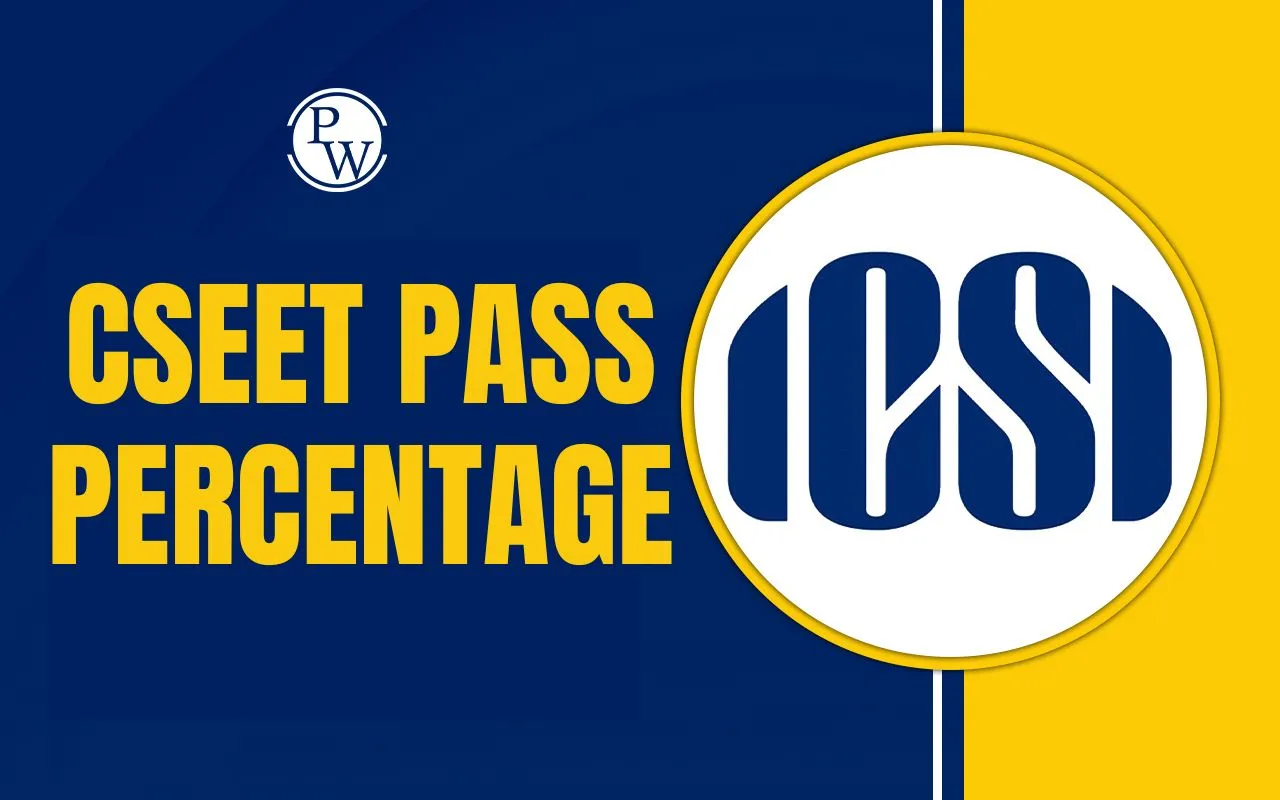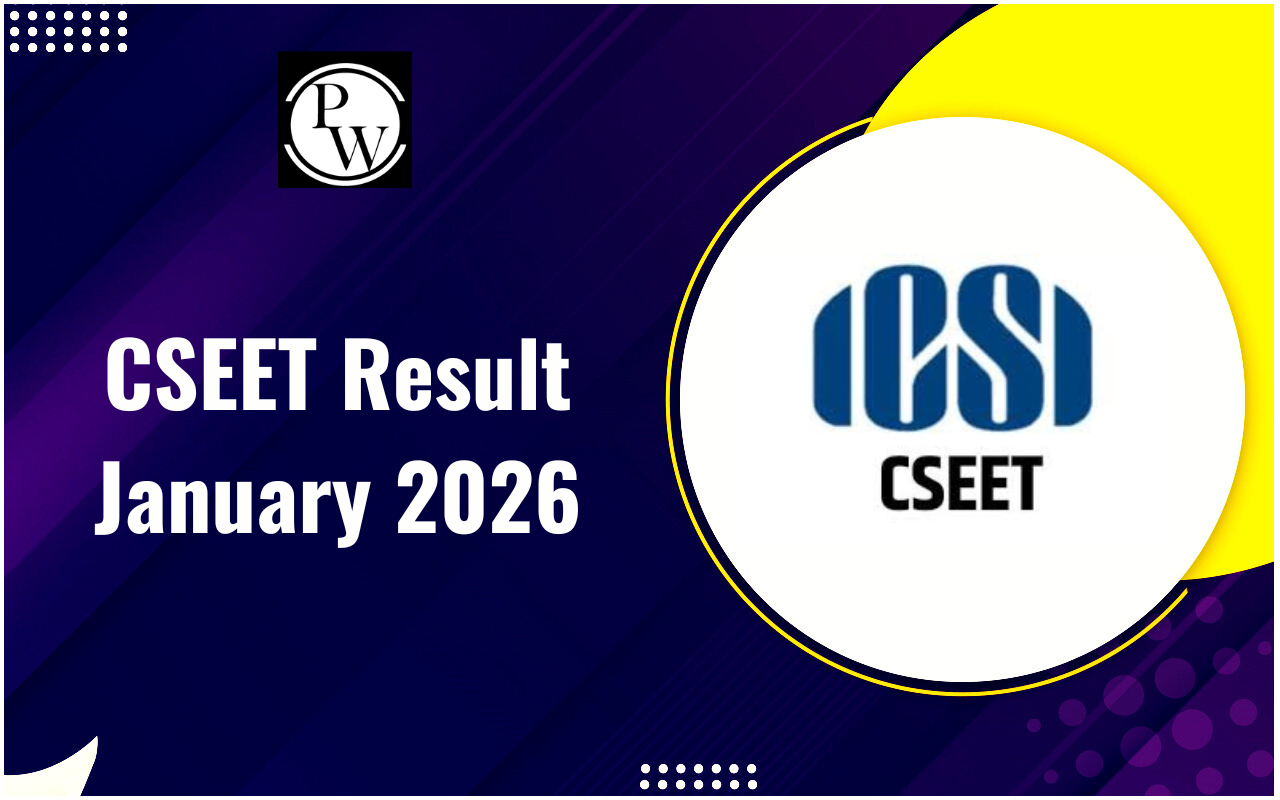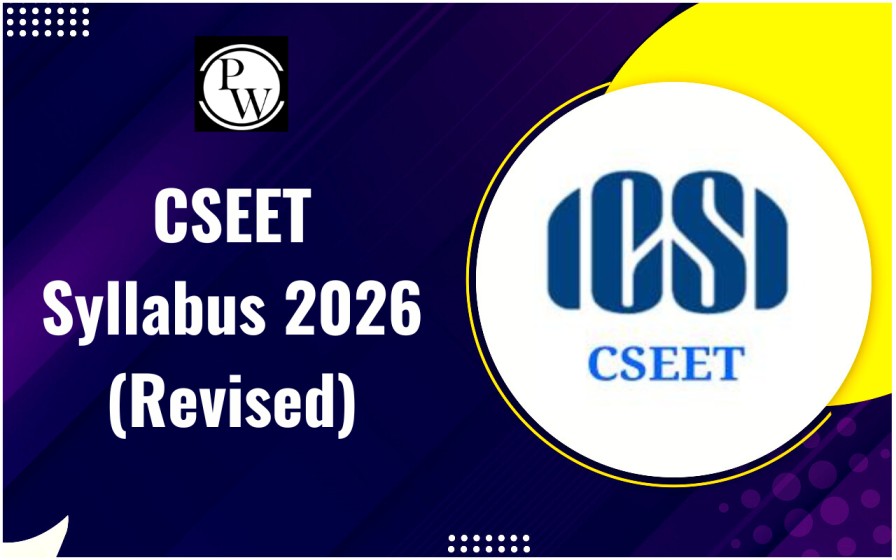
Conflict of Interest Management: In the business world, conflicts are bound to happen. They're like disagreements or clashes between different interests or people. But here's the thing: how you deal with these conflicts matters a lot for your business. If you don't handle them properly, they can actually hurt your company. So, it's crucial to know how to Conflict of Interest when they pop up at work. We'll take you through some simple steps to help company secretaries do just that.
What Is a Conflict of Interest?
A conflict of interest happens when someone's interests clash with their professional duties, making them unreliable. It's like when a company or person cares more about things like money, status, or relationships than doing their job fairly. For instance:- Representing a family member in court.
- Starting a business that competes with your current job.
- Advising someone to invest in a company owned by your spouse.
- Hiring a friend or relative who's not qualified.
Types of Conflict of Interest
Self-dealing, the most common conflict of interest in business, happens when a manager benefits themselves at the expense of their company or its clients by accepting deals from other organizations. Another common issue is gift acceptance, where managers receive gifts from clients or similar individuals. Many companies prevent this by banning gifts from customers to their employees. Conflicts can also arise when someone gains confidential information during their job and uses it for personal gain, like insider trading in finance. Lastly, favoring relatives or spouses in hiring or workplace treatment, called nepotism, can create conflicts of interest.Also Check: Career After CS
Examples of Conflict of Interest
In finance, an agency problem happens when agents don't fully prioritize the best interests of those they represent. The Enron scandal is a glaring example of this, resulting in the downfall of one of America's largest companies at the time. Back in 2001, Enron went bankrupt. It turned out that the company's top brass had been using accounting tricks and special financial setups to hide their losses. This made Enron look way more profitable than it actually was. Instead of looking out for their shareholders, some Enron executives resorted to illegal tactics to cover up the company's huge losses and debts. This deceit caused Enron's stock prices to plummet from over $90 per share to less than $1 per share. As a consequence, many of the executives involved faced charges and ended up behind bars.Conflict of Interest Management
Effectively managing conflicts of interest is crucial for businesses to maintain trust and integrity. This involves preventing any hint of corruption and ensuring employees aren't torn between competing interests. While it's a challenging aspect of workplace dynamics, mastering conflict management is essential for safeguarding your company. Let's delve into some steps for handling conflicts of interest.Spotting Conflicts:
First off, you need to identify any conflicts of interest your employees might have. Sometimes it's obvious, especially if the conflict relates directly to ongoing company projects. Other times, it's trickier. Encouraging employees to disclose potential conflicts helps in this process. With disclosure, you can quickly assess and address any conflicts before they escalate.Grasping the Impact:
Understanding the consequences of conflicts of interest is vital. They can lead to legal troubles, financial losses, and erosion of trust. Both employers and employees must comprehend what a conflict entails and how to manage it effectively.Informing Employees:
Once a conflict is detected, it's crucial to inform the involved employee promptly. They need to know about the conflict's nature, its potential impact, and the importance of avoiding such situations. Provide clear guidance on the next steps to take to address the conflict, ensuring fairness and transparency throughout.Separating the Employee:
Next, strive to separate the employee from the conflict. This might involve a temporary leave or a change in responsibilities. If separation isn't feasible, restrict their involvement in conflict-related matters. Transparency is key here; explain the reasons behind the restriction, its consequences, and its duration.Last Resort: Termination:
If all attempts to resolve the conflict fail, termination might be necessary. While it's a tough decision, it's crucial to uphold company policies and avoid potential legal issues. Document the termination process thoroughly, including your efforts to resolve the conflict beforehand, to ensure clarity and fairness. Learn to navigate conflicts of interest effectively with PW our Company Secretary Courses. Enroll now for professional growth!Conflict of Interest Management FAQs
What is a conflict of interest?
A conflict of interest occurs when personal interests clash with professional duties, potentially compromising reliability and fairness.
Why is managing conflicts of interest important for businesses?
Managing conflicts of interest is crucial for maintaining trust and integrity within a company, preventing corruption, and ensuring fair treatment of employees.
How can conflicts of interest affect a company?
Conflicts of interest can lead to legal issues, financial losses, erosion of trust, and employee dissatisfaction, ultimately harming the company's reputation and success.
What are common examples of conflicts of interest?
Common examples include self-dealing, gift acceptance, misuse of confidential information, and nepotism in hiring or workplace treatment.
What steps can businesses take to handle conflicts of interest effectively?
Businesses can spot conflicts, understand their impact, inform employees, separate conflicting parties when necessary, and consider termination as a last resort to uphold company integrity and fairness.
🔥 Trending Blogs
Talk to a counsellorHave doubts? Our support team will be happy to assist you!

Check out these Related Articles
Free Learning Resources
PW Books
Notes (Class 10-12)
PW Study Materials
Notes (Class 6-9)
Ncert Solutions
Govt Exams
Class 6th to 12th Online Courses
Govt Job Exams Courses
UPSC Coaching
Defence Exam Coaching
Gate Exam Coaching
Other Exams
Know about Physics Wallah
Physics Wallah is an Indian edtech platform that provides accessible & comprehensive learning experiences to students from Class 6th to postgraduate level. We also provide extensive NCERT solutions, sample paper, NEET, JEE Mains, BITSAT previous year papers & more such resources to students. Physics Wallah also caters to over 3.5 million registered students and over 78 lakh+ Youtube subscribers with 4.8 rating on its app.
We Stand Out because
We provide students with intensive courses with India’s qualified & experienced faculties & mentors. PW strives to make the learning experience comprehensive and accessible for students of all sections of society. We believe in empowering every single student who couldn't dream of a good career in engineering and medical field earlier.
Our Key Focus Areas
Physics Wallah's main focus is to make the learning experience as economical as possible for all students. With our affordable courses like Lakshya, Udaan and Arjuna and many others, we have been able to provide a platform for lakhs of aspirants. From providing Chemistry, Maths, Physics formula to giving e-books of eminent authors like RD Sharma, RS Aggarwal and Lakhmir Singh, PW focuses on every single student's need for preparation.
What Makes Us Different
Physics Wallah strives to develop a comprehensive pedagogical structure for students, where they get a state-of-the-art learning experience with study material and resources. Apart from catering students preparing for JEE Mains and NEET, PW also provides study material for each state board like Uttar Pradesh, Bihar, and others
Copyright © 2026 Physicswallah Limited All rights reserved.









